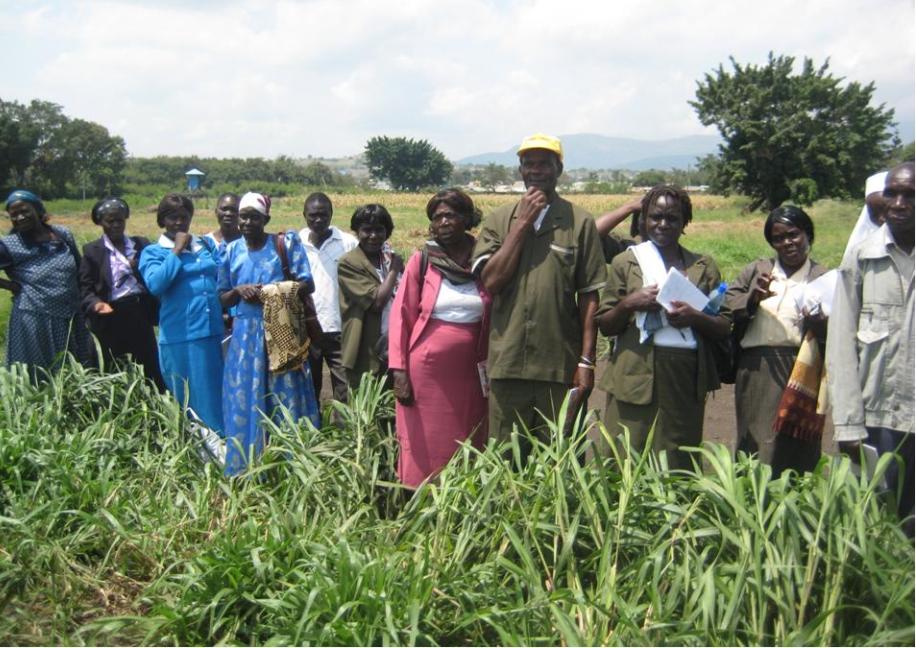Ex-ante and Gender Survey
Stemborer and striga weeds infestations have been a serious challenge towards sustainable cereal production in eastern Africa. Among the technologies that have been recommended for the control of these pests, Push-pull technology (PPT) developed by International Centre of Insect Physiology and Ecology (icipe), Rothamstead Research, UK and partners have been well rated by the target beneficiaries. The effects of climate change however pose a challenge to its long-term sustainability while limiting its expansion to drier areas. To counter this, icipe is adapting the technology to adverse weather conditions associated with climate change by identifying drought tolerant companion plants. Prior to up-scaling of the ‘adapted’ push-pull an ex ante impact assessment was conducted in Tanzania, Kenya and Ethiopia. The findings portrayed a middle-aged community mainly dependent on crop and livestock farming for their livelihoods. The most common livestock management systems were zero-grazing or tethering in Kenya and Ethiopia, open/extensive grazing in Tanzania. Lack of enough quality fodder for livestock was one of the major constraints. Maize accounted for 46% of the cereals grown with average yields of 1.2t/ha in Tanzania, 1.6t/ha in Kenya and 1.7t/ha in Ethiopia. The relatively low yields were attributed to low rainfall, striga and stemborer infestations. Farmers lost between 50-100% of their maize to striga weed, averaged at 3t/ha per cropping season with an approximate value of $1040, while the loss attributed to stemborers was approximately 30%. None of the methods used to manage the two constraints was said to be effective, yet the awareness of push-pull technology was still low (54% in Kenya, 32% in Tanzania and 18% in Ethiopia). However, among those who knew about push-pull, over 95% were willing to adopt it.
The results of gender analysis were mixed. In Kenya and Tanzania there was a tendency toward gender bias inclined to women being involved more in farming activities, while in Ethiopia it was the men who did most of the farming activities. The intra-household asset distribution among household members was fairly balanced as both men and women had some ownership of particular assets in the households. Household food insecurity was observed as most households were not self sufficient in food production. Kenya in particular was a net buyer of food consumed by its households, and this shortage was mainly attributed Striga weed infestation. Nevertheless, social capital was well articulated in the selected communities and there was no gender bias in information, market and credit access. The lead source of income among the community was sale of food crops which contributed 22.7% of the total household annual income. These benchmark indicators are useful to measure progress of the ADOPT.

